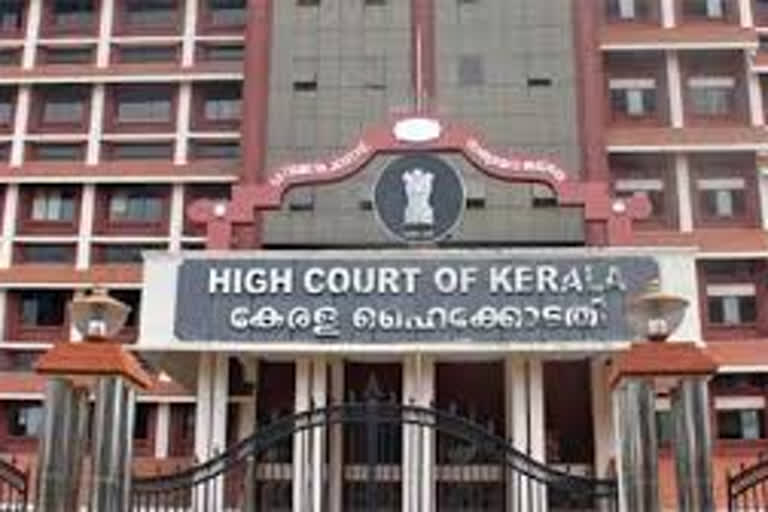Thiruvananthapuram (Kerala):The High Court of Kerala has held that CCTV footage of a crime is not a 'material object' and therefore the accused is entitled to receive a copy of it as per Section 207 of the Code of Criminal Procedure.
"CCTV footage in the instant case is 'data' as defined under S.2(o) of the Information Technology Act, 2000 and it is an electronic record as defined under S.2(t) of the I.T Act. If that be the case, the electronic record produced for the inspection of the Court has to be regarded as documentary evidence. In that view of the matter, I am unable to accept the logic of the prosecution in producing the CCTV footage as a material object and in refusing to supply a copy of the same to the accused", held the single bench comprising Justice Raja Vijayaraghavan.
The court said that according to the adversarial system which is followed in our country, the accused is entitled to get a copy of the records so that he can bring to the notice of the courts exculpatory material, which may be to his advantage.
The Court was dealing with a revision petition which was filed by Jisal Razaq, an accused in the Abhimanyu murder case.
He challenging the order of Magistrate that rejected his application for copies of the CCTV footage.
The Court took the assistance of Advocate D Prem Kamath as amicus curiae to decide the issue.
The amicus submitted that a combined reading of the 'document' and 'evidence' together with the provisions of the Information Technology Act unambiguously would lead to the conclusion that CCTV footage is definitely 'data', which is an 'electronic record' that comes within the definition of 'document'.
The Court also observed that with the advent of technology, the line between categorizing a thing as a 'material thing' or a document has more or less been eradicated.
